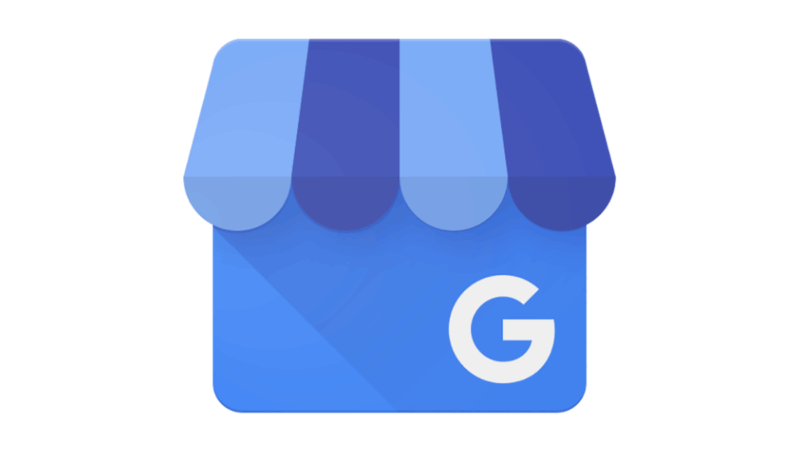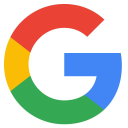I Pivoted My Magic Business From Virtual to In-Person and Still Make $20K/Month
This is a follow up story for Ah Real Magic LLC. If you're interested in reading how they got started, published about 5 years ago, check it out here.
Hello again! Remind us who you are and what business you started.
Hello (again!). My name is Gary Ferrar. Those of you who have been here for a while may remember me as the $25K/Month virtual magician and mentalist. I’m a solo entrepreneur figuring out how to entertain high-profile clients and corporations in this ever changing world.
Though I’m now primarily back to 3D IRL experiences, I’m still regularly performing on Zoom, and using lessons from the pandemic to tweak my business model.

Trimming the business, deciding what it is, and more importantly what it isn’t, is still forward progress. Even if you emerge a little leaner.
























